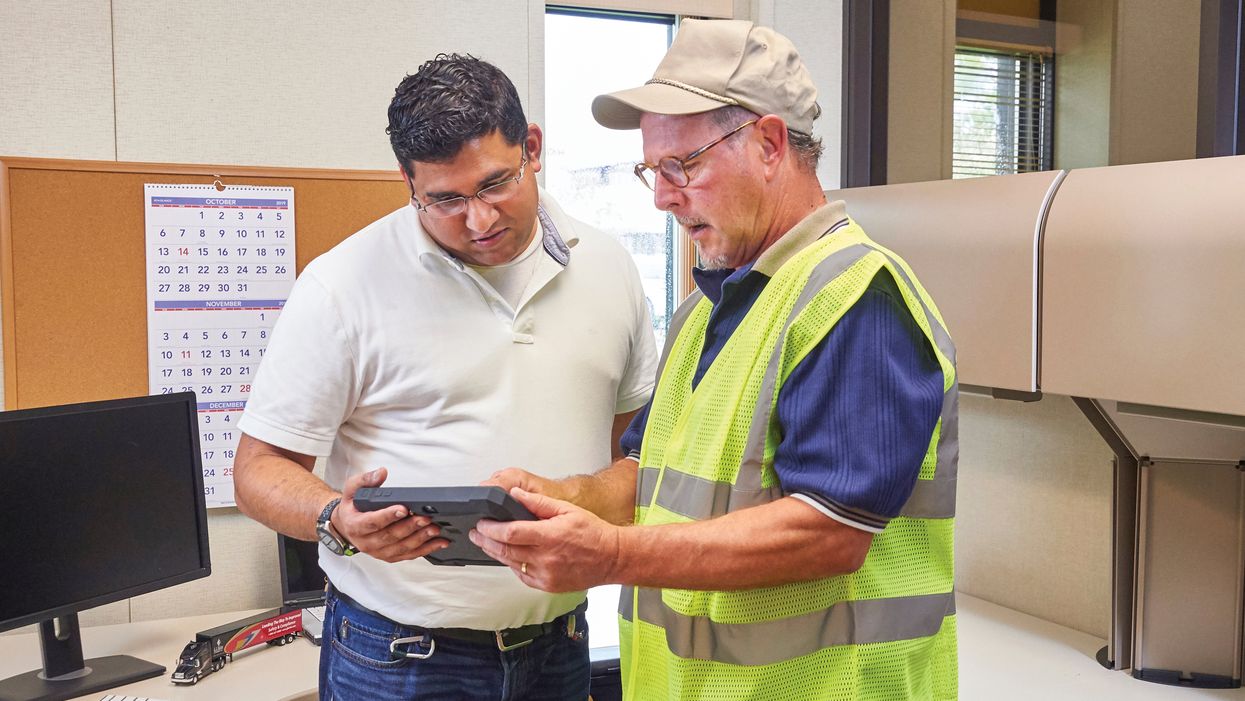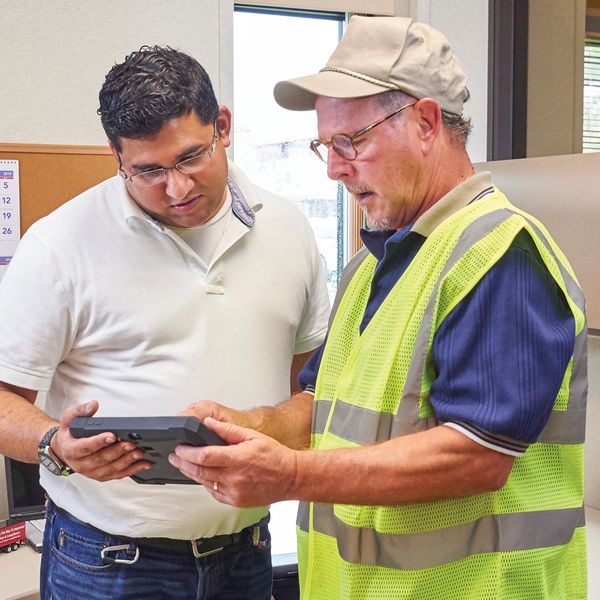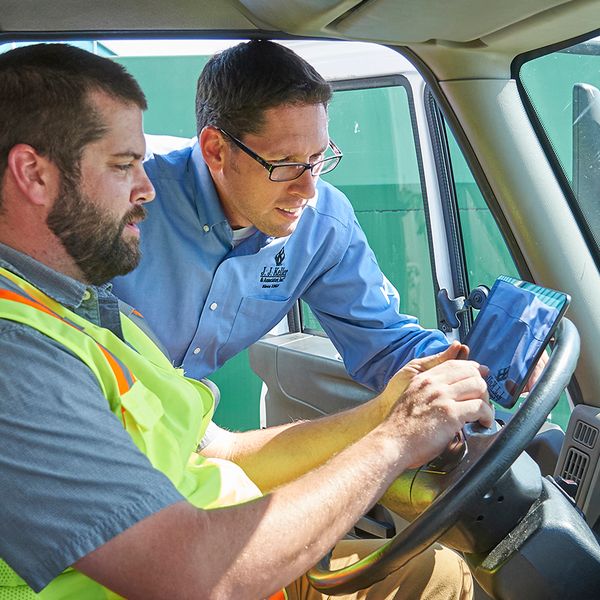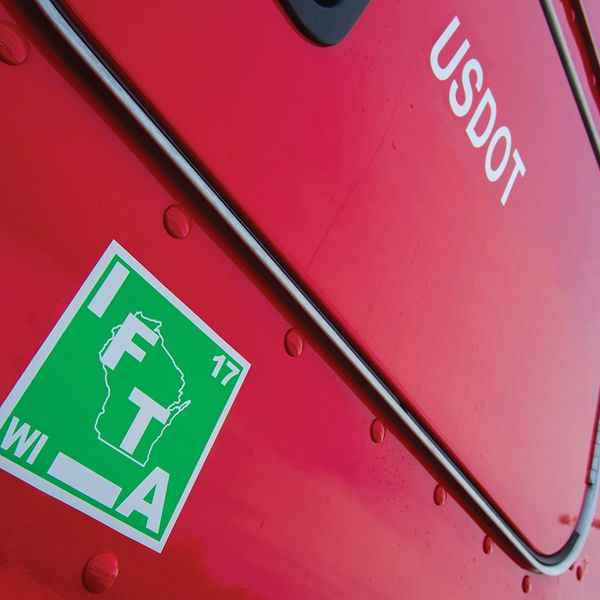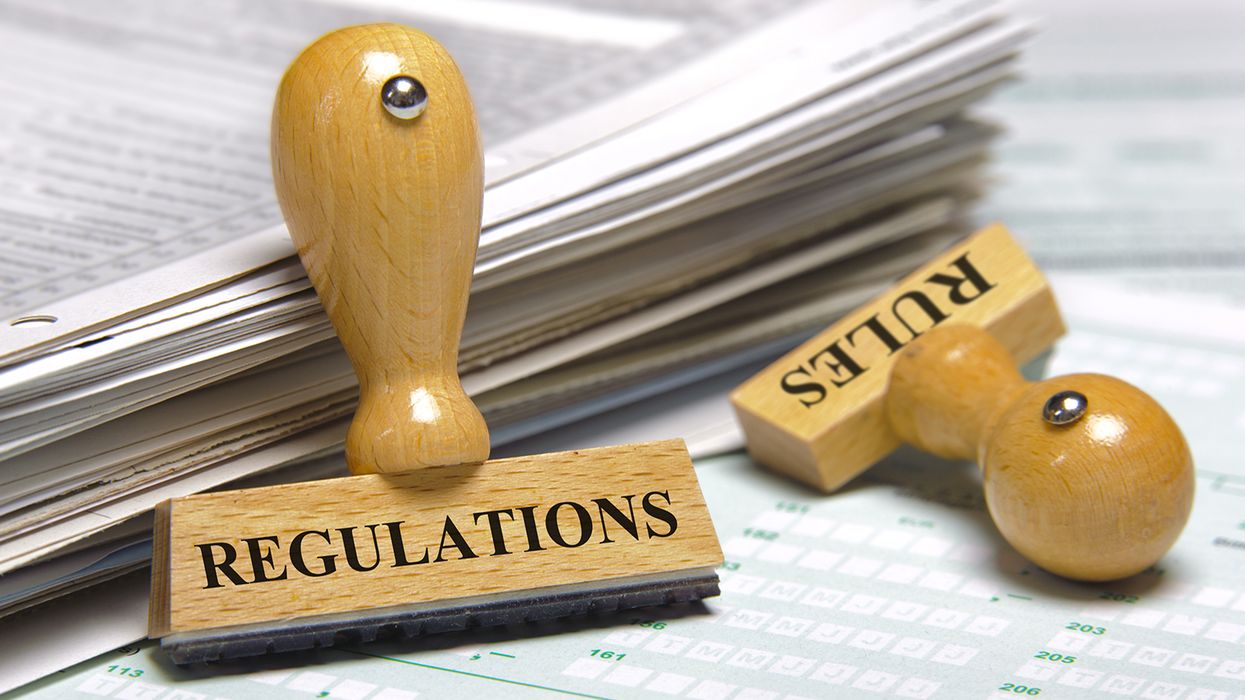Make audits easier: Capture electronic IFTA records with your ELD
Make audits easier: Capture electronic IFTA records with your ELD
While all commercial motor vehicles (CMVs) must be properly registered before they can operate legally on the road, being an interstate carrier brings additional compliance requirements.
All qualified interstate CMVs are subject to the International Fuel Tax Agreement (IFTA). Choosing to track your IFTA records with your Electronic Logging Device (ELD) can benefit your employees — and your company — by keeping your records more accurate, organized, and accessible, making you better prepared in the case of an audit.
IFTA Basics
IFTA is a program where states and provinces work together to collect and share fuel use tax revenues.
As an IFTA registrant, you obtain the IFTA license and file quarterly taxes through your base jurisdiction. The base jurisdiction then distributes the necessary fuel taxes to other jurisdictions you have driven through during the quarter. The license must be renewed each year.
All carriers operating vehicles in more than one jurisdiction are required to:
- Register all qualified motor vehicles with their base jurisdiction by filing one application with the applicable fee.
- Display two IFTA decals per vehicle and carry a copy of the IFTA license in each vehicle (electronic license is allowed).
- File quarterly IFTA tax returns with the base jurisdiction, paying any fuel tax due to any member jurisdiction with one check.
What records do I need to keep?
Recordkeeping requirements under IFTA can be quite exhaustive, but they are the heart of compliance, so it’s important to keep your records organized and accessible in case of an audit. You must keep records in two categories: mileage records and fuel receipts.
Mileage records
Most carriers now keep their mileage data electronically through an electronic logging device (ELD). Here’s what’s required:
- Original global positioning system (GPS) or other location data for the vehicle;
- Date and time of each GPS or other system reading, at intervals sufficient to validate the total distance traveled in each jurisdiction;
- Location of each GPS or other system reading;
- Beginning and ending reading from the odometer, hubodometer, engine control module, or any similar device;
- Calculated distance between each GPS or other system reading;
- Route of the vehicle’s travel;
- Total distance traveled by the vehicle;
- Distance traveled in each jurisdiction; and Vehicle identification number or vehicle unit number.
Fuel records
For fuel purchases to count as tax-paid fuel purchases, you must keep records proving that the tax was paid at the time the fuel was purchased. Acceptable records to satisfy this requirement must contain date of purchase, seller’s name and address, number of gallons/liters purchased, fuel type, price per gallon/liter or total amount of sale, unit numbers, and purchaser’s name.
A common method of keeping track of mileage and fuel data is with the individual vehicle mileage report. Electronic recordkeeping systems, such as GPS or ELDs, can be used to record mileage data for IFTA if they meet the requirements listed above.
What miles must I count for IFTA?
The answer is simple: all of them.
All miles for IFTA-qualified vehicles must be recorded. This includes miles accumulated due to personal use, vehicle repairs, and yard moves.
It’s important to note that recording miles for IFTA is different than for hours of service (HOS). While a driver may not be required to log HOS time in certain situations — for example, personal conveyance or maybe within a certain radius — all miles are required to be accounted for under IFTA, regardless of the situation in which the vehicle is being used.
How long must I retain records for IFTA?
IFTA requires that records be maintained from the current year of quarterly tax returns plus the three preceding mileage years, or four years from the return due date or filing date, whichever is later.

